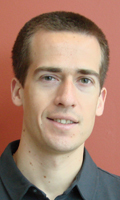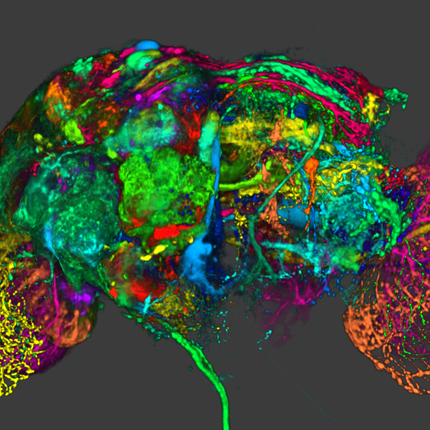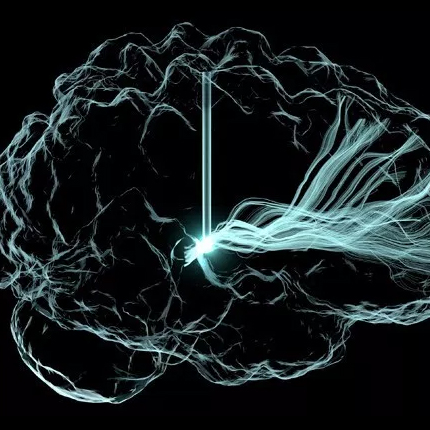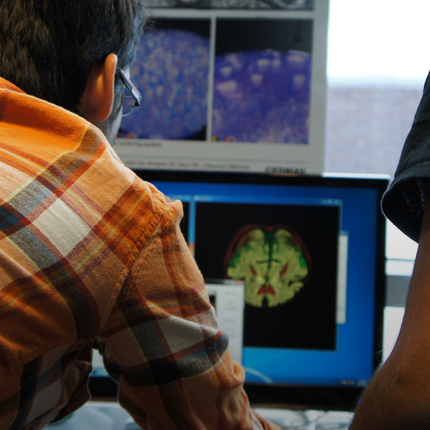
Clement Vachet - Project Administrator
DirectorBiomedical imaging and data science core (BIDAC)
WEB 2863
phone (801) 585-0367
fax (801) 585-6513
This email address is being protected from spambots. You need JavaScript enabled to view it.
Background
Clement Vachet received an MS degree in electrical engineering from CPE-Lyon (France) in 2006, and a research MS degree in information systems, science and imaging from INSA-Lyon, France. Prior to joining the SCI Institute, Clement was a faculty research instructor in the School of Medicine at the University of North Carolina at Chapel Hill. As a data scientist in the Neuro Image Research and Analysis Laboratories for five years, he developed and applied end-to-end imaging data science workflows for various clinical studies. With additional interests in business and management, he received an MBA from the University of Utah in 2016.
Current Responsibilities
Clement directs the Biomedical imaging and data science core (BIDAC), a health science core facility providing application-oriented consulting services to research laboratories and private industry. By leveraging the expertise of the SCI Institute, BIDAC offers advanced solutions in the areas of machine learning, deep learning, medical computing, scientific visualization, data science and data engineering.In his prior role as a Technical Program Manager, Clement managed and executed parallel NIH-funded data science projects to support clinical research studies. In that regard, he collaborated regularly with researchers and clinicians in multi-disciplinary nation-wide teams, such as the Autism Center of Excellence network (ACE-IBIS) and the National Alliance for Medical Image Computing (NA-MIC).
Research Interests
His areas of interest entail biomedical computing, data science and data analytics applied to multi-disciplinary collaborations. He has developed expertise in deep learning, enabling automated image data classification, regression and segmentation. Driving clinical applications have included brain development in autism spectrum disorder, deep brain stimulation in Parkinson’s disease, Down syndrome, Huntington’s disease, and obsessive-compulsive disorder.




